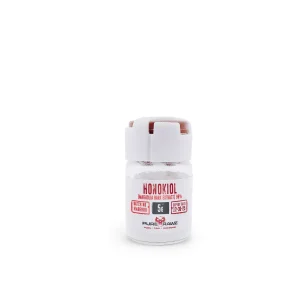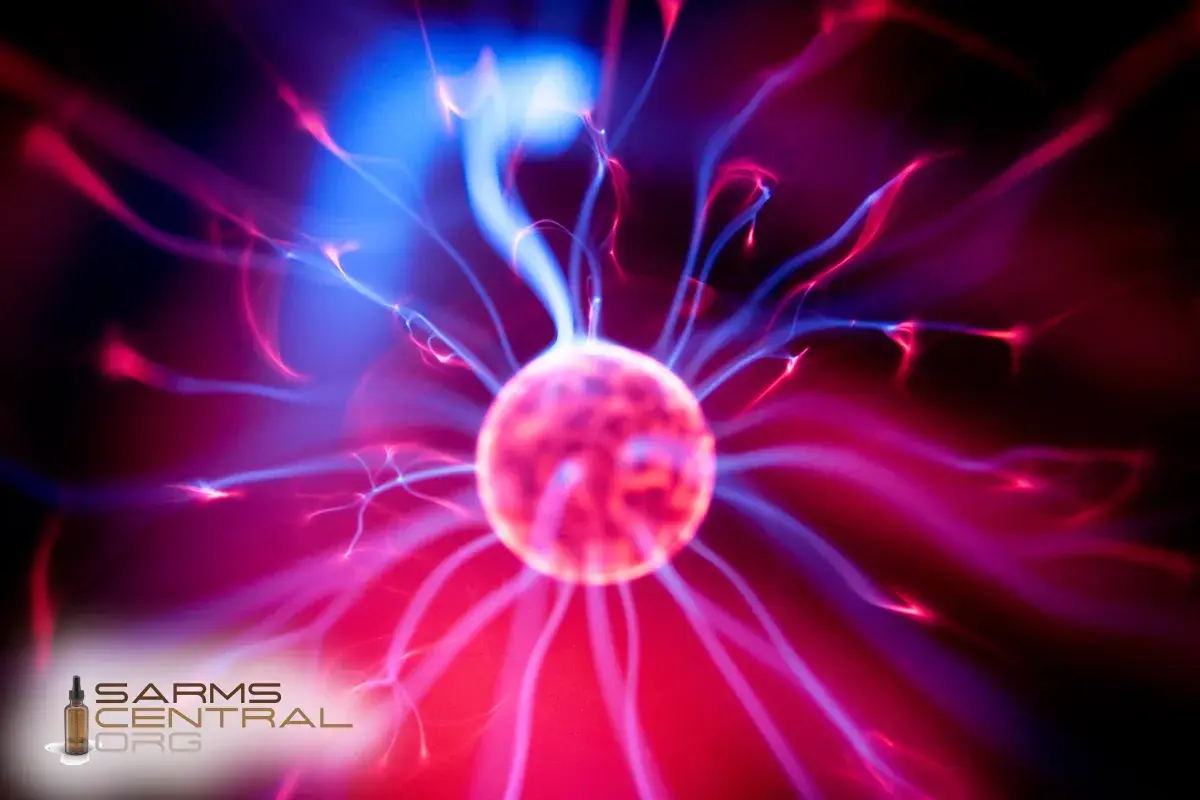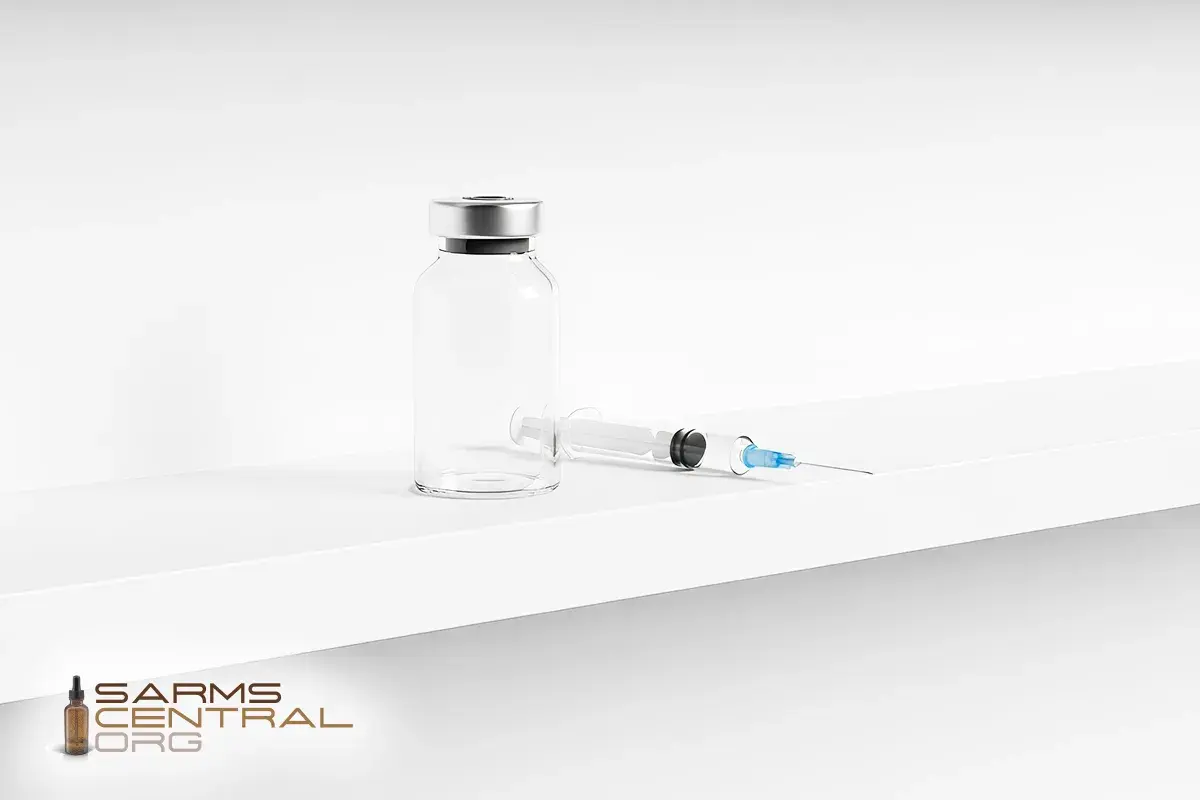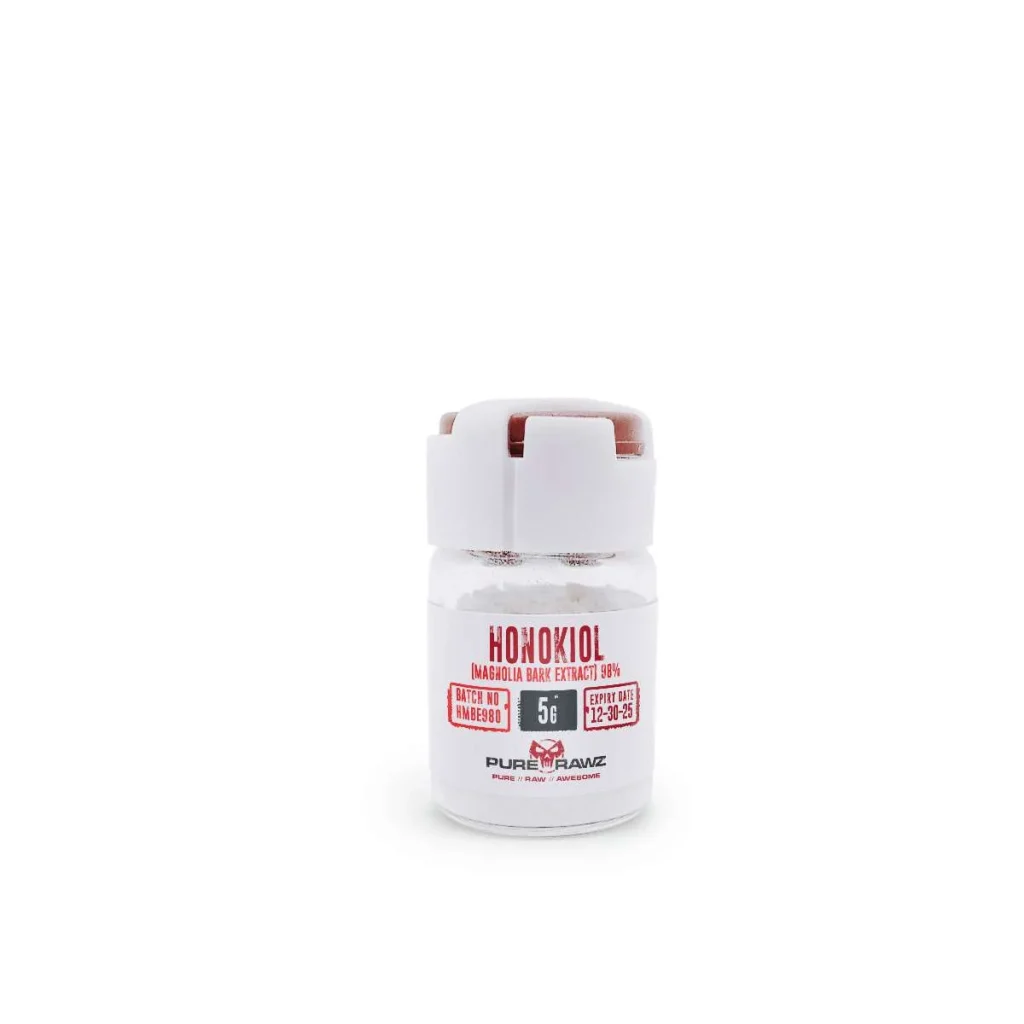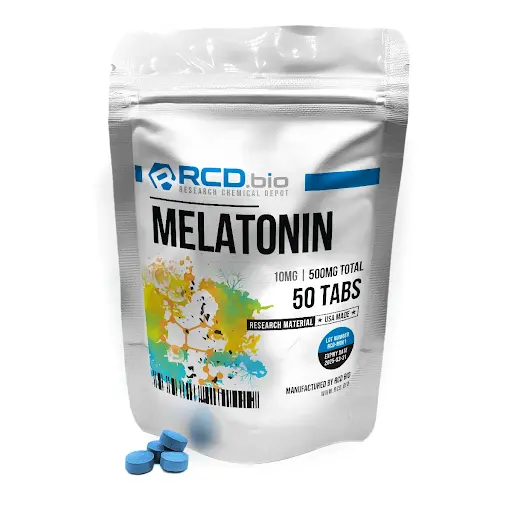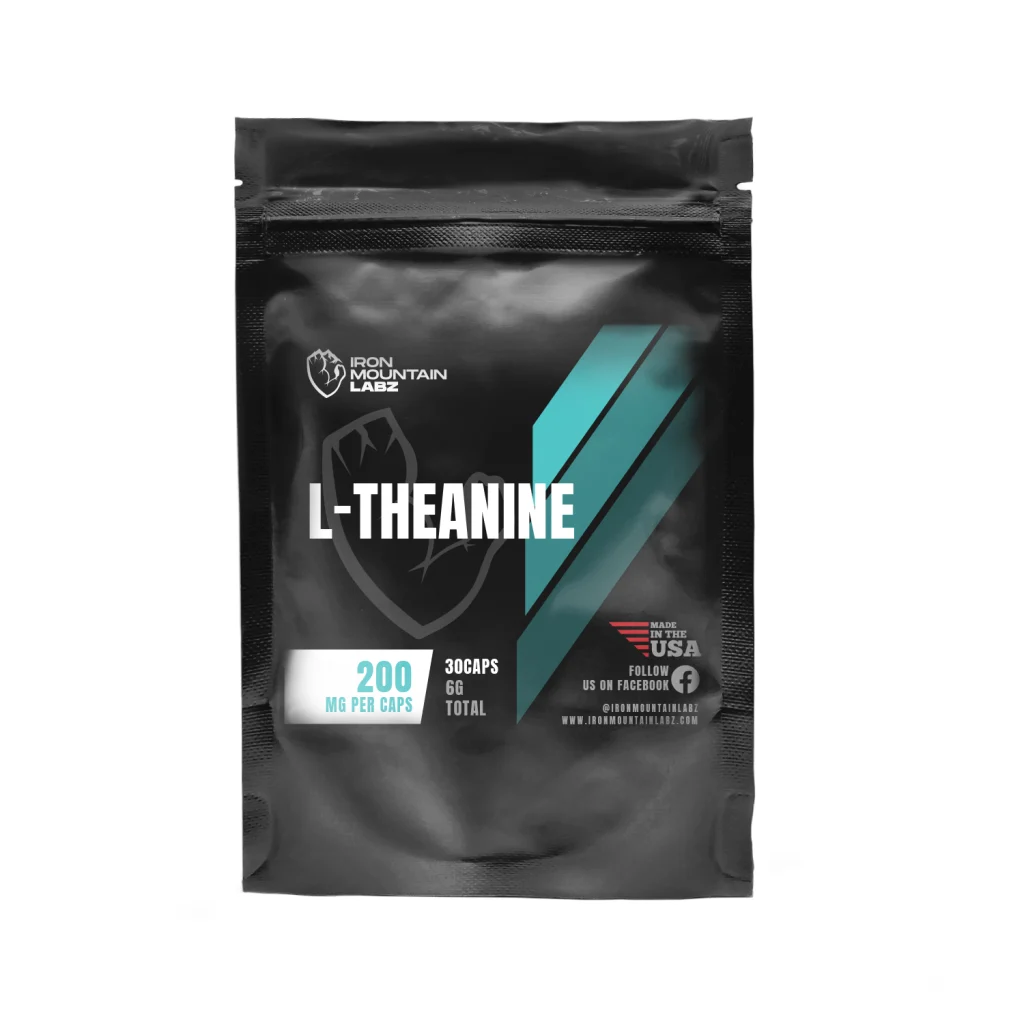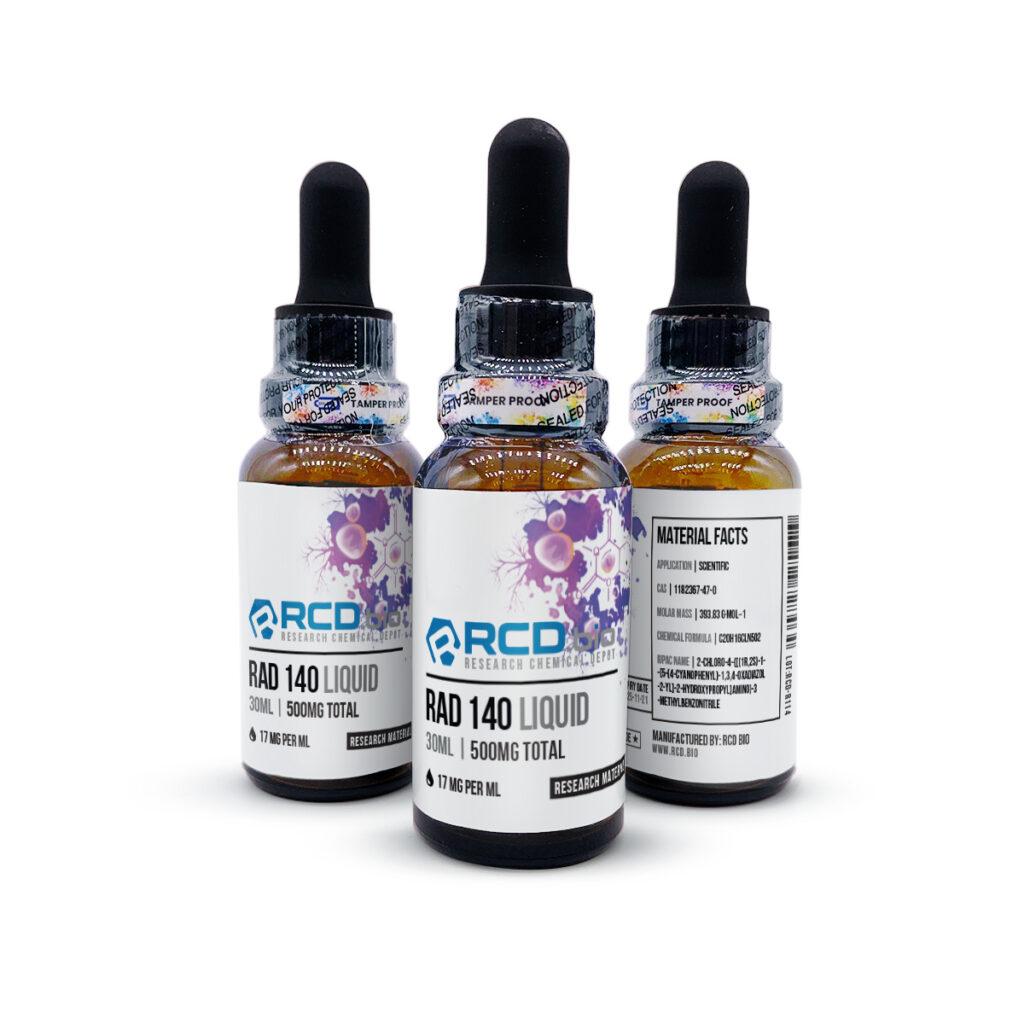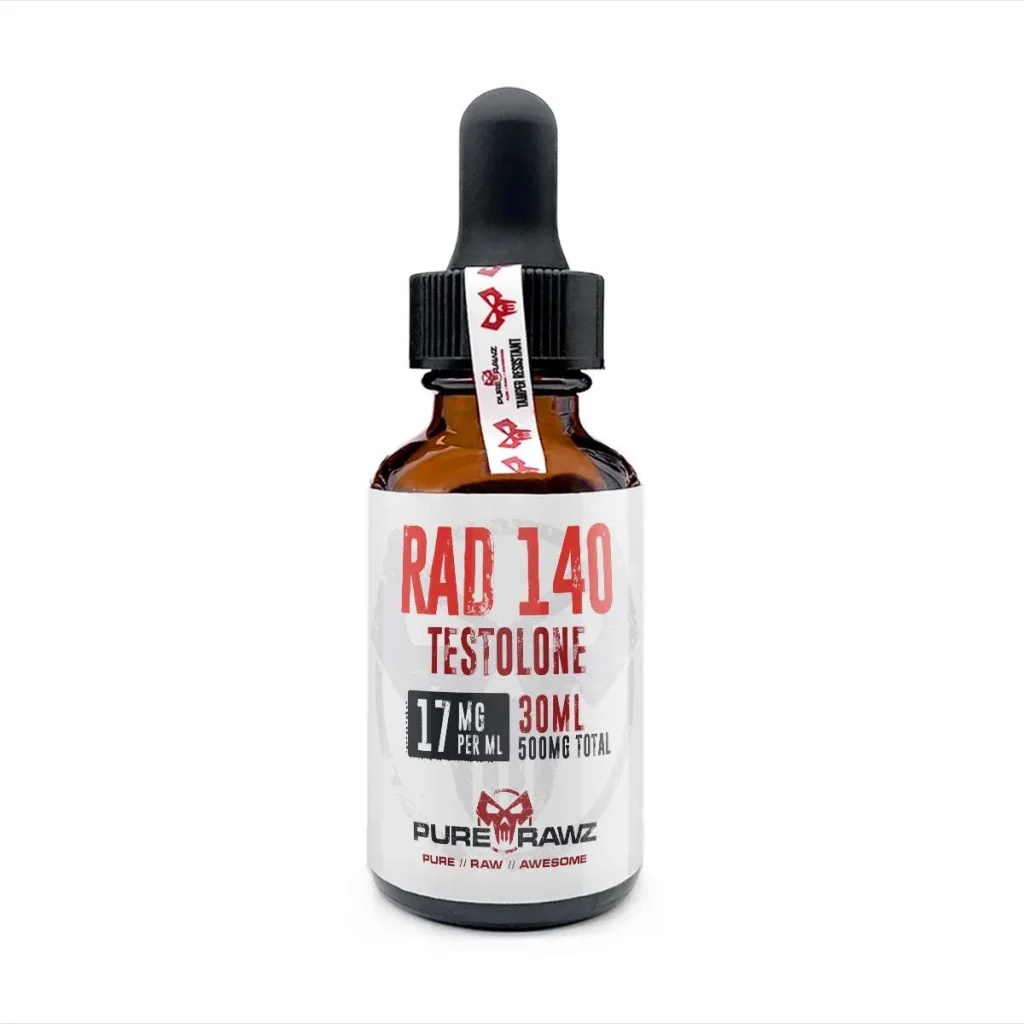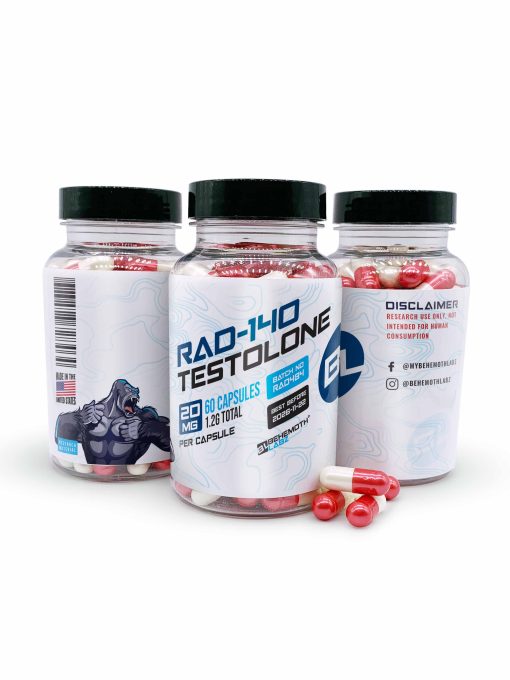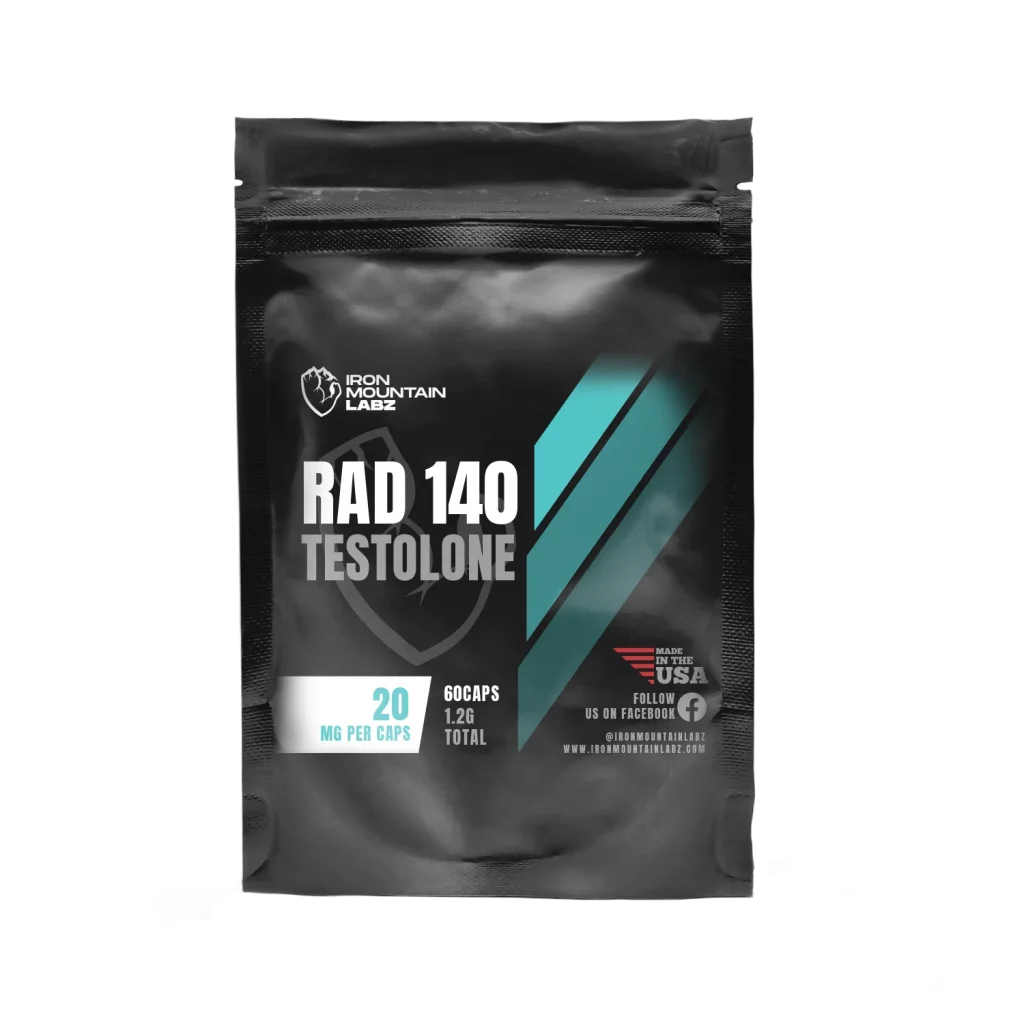Are you prone to experiencing a constant buzz of notifications? Do you always see yourself doing late-night work sessions? Do you experience everyday stressors? All of these make it hard for you to experience restful sleep.
For many, winding down isn’t as simple as turning off the lights. This is why several individuals are exploring nootropic supplements for sleep. These are not just sharpening mental performance or memory-enhancing nootropics. They can even help experience deeper, restorative sleep.
Now, this begs the question, “Which nootropics can actually enhance your sleep quality?” This post will help find out the right products.
How Does Sleep Work?
Sleep is a dynamic and essential biological process. It is governed by a mix of internal systems and external cues.
The body cycles through various sleep stages. These may include light sleep, deep sleep, and REM sleep. Each plays a critical role in memory consolidation. It also encourages physical healing, brain function, and emotional balance.
The quality of your sleep cycle will determine how refreshed you feel the next day.
Sleep and the Circadian Rhythm
At the heart of sleep regulation is your body’s circadian rhythm. The latter is a natural 24-hour wake cycle influenced by environmental light.
The melatonin production in your body occurs in response to darkness. It tells your brain it’s time for restorative sleep. Disruptions like blue light exposure and late-night activities may interfere with sleep onset, similar to how overstimulation can affect individuals who rely on nootropics for attention and ADHD support. This can also lead to long-term disturbances. As such your sleep quality diminishes.
Side Effects of Bad Sleep/ Sleep Disorder
Poor sleep quantity and quality do not leave you just tired. These can even impact brain function. In some individuals, a lack of regenerative sleep affects their immune health and emotional well-being.
Chronic insomnia and sleep disturbances are typically linked to the following:
- ➢ Reduced concentration and performance
- ➢ Increased reliance on medications
- ➢Impaired neurotransmitters such as serotonin, often linked to issues that people try to manage with natural nootropics for anxiety relief
- ➢ Greater risk of chronic illness
- ➢ Less effective stress relief mechanisms
According to some neuroscientists, chronic sleep loss also raises cortisol levels. It further affects sleep onset. Also, this disrupts natural sleep supplement effectiveness.
Top Nootropics for Sleep
Many nootropic supplements can enhance alertness. Thus, they are also called cognitive enhancers or smart drugs.
However, certain nootropics can specifically support restful sleep and relaxation. Here are some sleep support nootropics:
Theanine
Theanine is also referred to as L-Theanine. The latter is an amino acid present in green tea. One of theanine’s properties is crossing the blood-brain barrier.
Theanine is known for promoting relaxation with zero drowsiness. To do this, the nootropic increases calming brain waves.
Theanine can trigger the brain to produce alpha waves. They are linked to a relaxed yet alert mental state. You often experience this during meditation, light focus, or daydreaming.
Interestingly, alpha activity is also present during REM sleep. It is a critical stage for learning and memory consolidation.
Tea leaves naturally contain theanine and caffeine. While they may seem contradictory, together they produce a balanced, synergistic effect.
Melatonin
The next nootropic for sleep is typically available as a sleep supplement. Melatonin supplements are popular for travelers. Its sleep benefits may help those dealing with circadian rhythm disruptions.
Melatonin capsules directly enhance melatonin production. This effect helps the body recognize that it’s night already, which also means bedtime.
Proper dosage of melatonin is key. This is because too much can lead to drowsiness. It may even produce possible side effects.
Magnesium
Magnesium is considered to be one of the most abundant minerals in the body. Studies suggest that it is vital for cognitive health.
Magnesium as a mineral supports sleep duration. It can also help reduce nighttime awakenings. Lastly, magnesium helps you experience relaxation without drowsiness.
Magnesium bis-glycinate is another form of magnesium. It is a combination of magnesium and glycine. This compound can lead to better sleep and may alleviate overall anxiousness.
Several nootropics experts suggest that magnesium is foundational for sleep support. This is especially true when paired with other herbal extracts.
Ashwagandha
Ashwagandha is a well-known adaptogenic herb often highlighted in discussions about adaptogens blended with nootropics. It has been demonstrated to support the body’s stress response. Ashwagandha does this by regulating cortisol levels.
Chronic stress is one of the most common disruptors of sleep patterns. Ashwagandha counters this by producing relaxation without drowsiness. Thus, it can be a valuable addition to one’s sleep support routine.
Some studies also conclude the following results:
- ➢ Improve sleep onset latency
- ➢ Extend sleep duration
- ➢ Enhance overall sleep quality
Based on such effects, ashwagandha can be helpful to people experiencing insomnia.
Reishi Mushroom
The reishi mushroom is a potent adaptogen. It is eventually used in traditional medicine for stress relief. This nootropic may also encourage immune support.
Reishi mushroom is also believed to calm the nervous system and ease anxiety. This paves the way for restful sleep.
Find The Best Prices For Nootropics For Sleep
General Tips for Getting Better Natural Sleep
Sleep supplements help, but lifestyle plays a major role, too. Here’s how to complement nootropic supplements with good sleeping habits:
Optimize Your Sleep Environment
Your room should be dark, cool, and quiet. Consider blackout curtains, sound machines, or essential oils. A good environment supports your natural sleep cycle. This can encourage longer sleep duration.
Maintain A Consistent Schedule
Stick to a regular bedtime and wake-up time. This applies even on weekends. This is because the brain thrives on rhythm. Such a situation boosts melatonin production and stabilizes your sleep patterns.
Use Natural Ingredients that Promote Relaxation
Look for products with ingredients such as passionflower extract and tart cherry extract. These herbal extracts support serotonin production. They are also able to contribute to better sleep benefits.
Avoid Stimulants Late in the Day
Cut off caffeine by late afternoon. This common stimulant can linger in your system for hours. As a result, it can drastically delay sleep onset. Caffeine may also reduce your total sleep duration and depth.
Create A Relaxing Pre-Sleep Routine
For this step, here are some activities to do:
- Take a warm shower.
- Stretch gently.
- Read a book.
- Avoid screens that block melatonin production.
- Steer clear of activities that stimulate wakefulness.
- Wind down with a calming tea.
- Take capsules or supplements that contain natural ingredients for sleep.
Conclusion
Quality sleep is essential for all of us. Aside from giving us energy, it also provides cognitive performance, emotional stability, and long-term health.
Lifestyle changes and better sleep hygiene are foundational for experiencing quality sleep. However, the right nootropics for sleep support can be your effective sleep supplements. They can help promote restful sleep, which can energize you throughout the day.
Frequently Asked Questions
Which part of the brain affects sleep?
The hypothalamus is key in managing the circadian rhythm. The pineal gland handles melatonin production. Also, the brainstem controls the transition between sleep stages.
Are nootropics effective sleep supplements?
Yes, certain nootropics have been shown to support sleep onset. They can even reduce sleep disturbances and improve sleep quality. For people avoiding harsh medications, nootropics can be excellent alternatives for sleep support, especially when paired with strategies commonly used to boost motivation and mental drive.
Can nootropics help with insomnia?
Yes, specific nootropics can help manage insomnia symptoms. Examples of these are magnesium bis-glycinate, L-theanine, melatonin supplements, and ashwagandha. These can support deeper, more restorative sleep.
What is the best time to take nootropics for sleep?
The ideal time depends on the dosage and type of nootropic. Most natural supplements are best taken 30 to 60 minutes before bedtime. This timing allows the compounds to cross the blood-brain barrier. It also helps influence neurotransmitters involved in sleep regulation.

